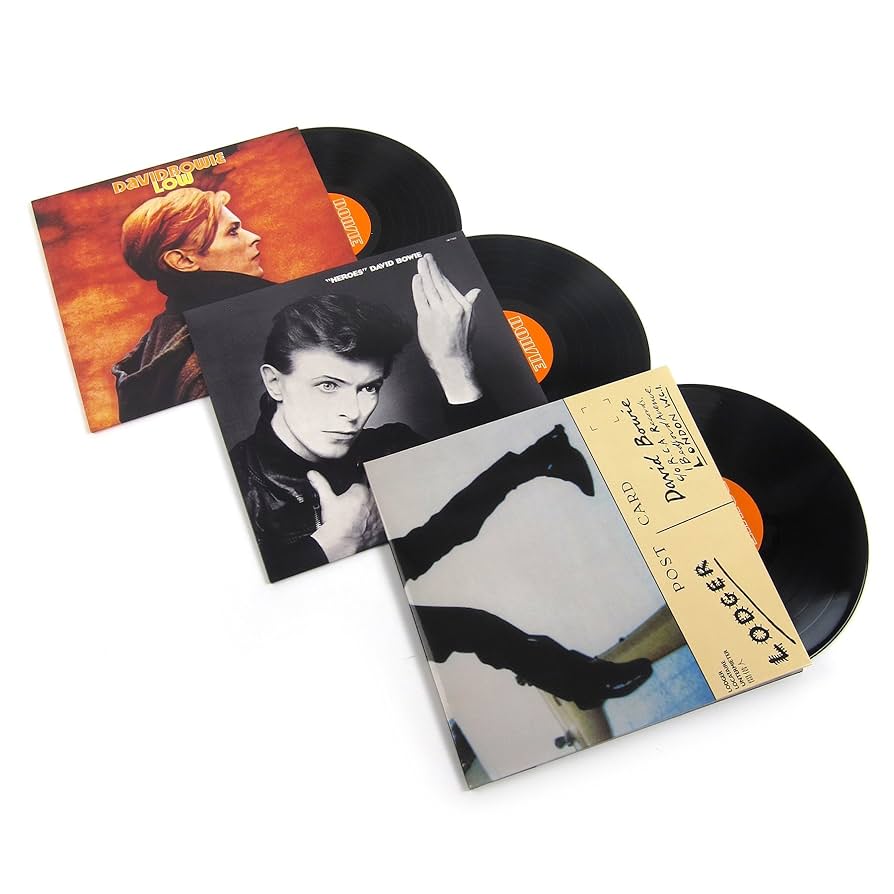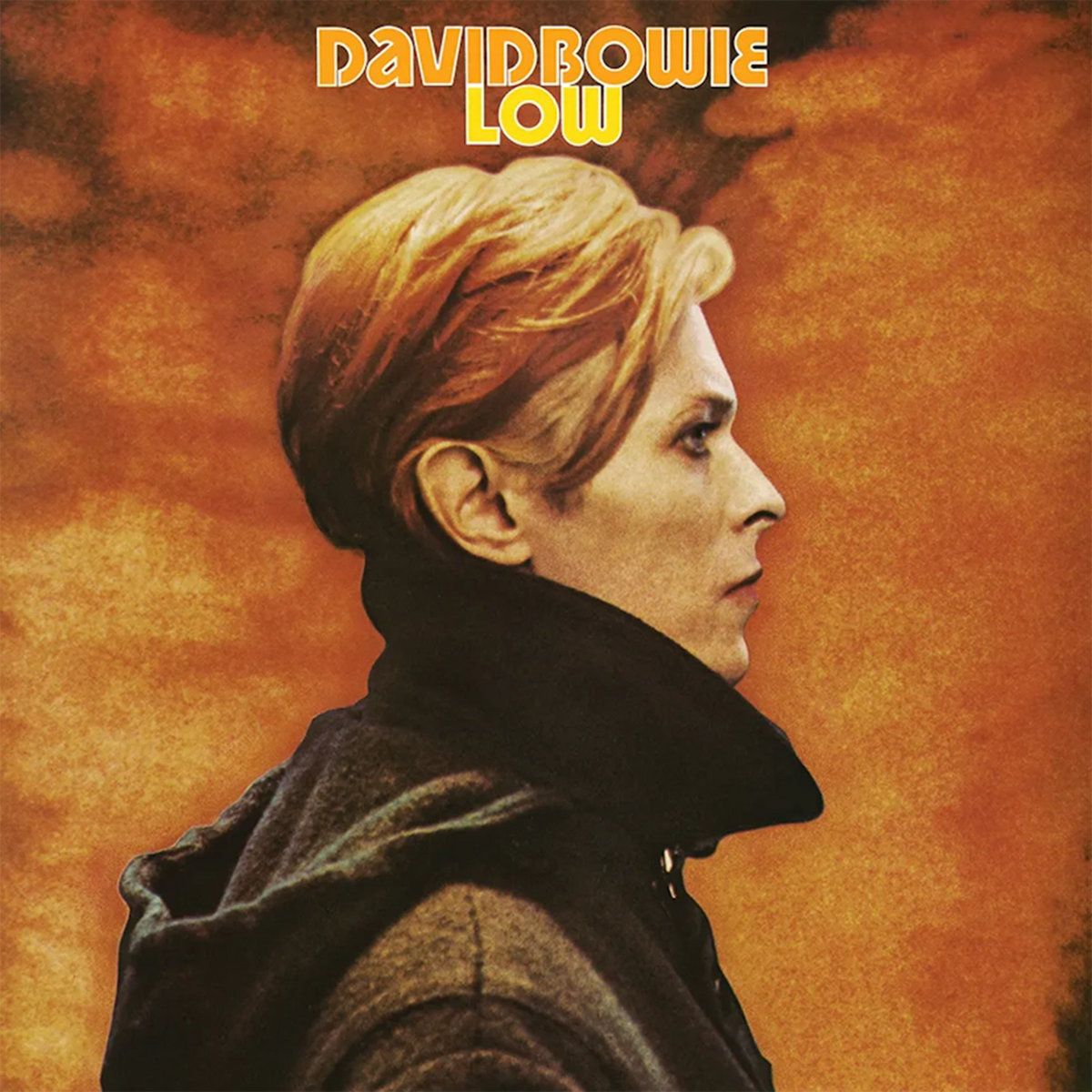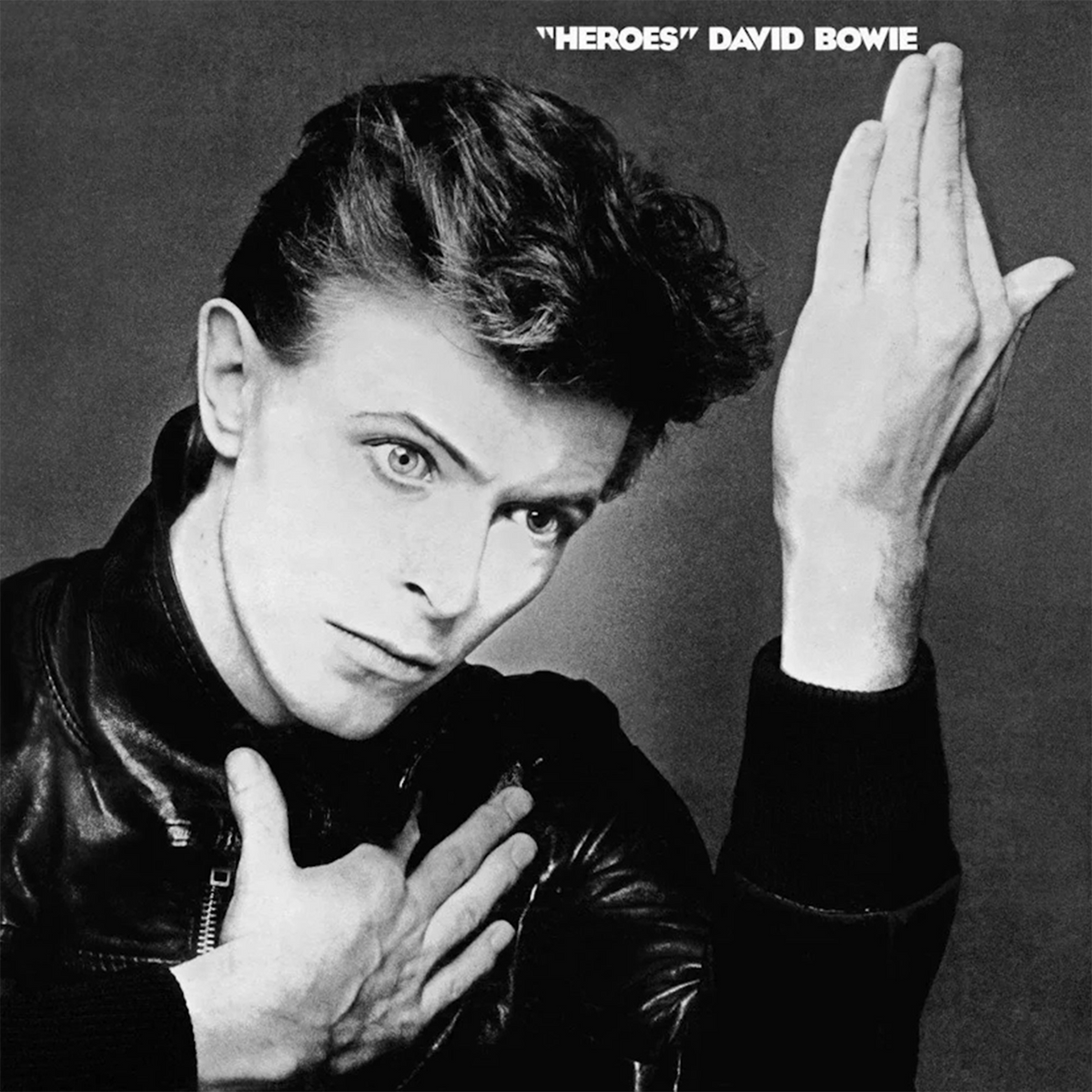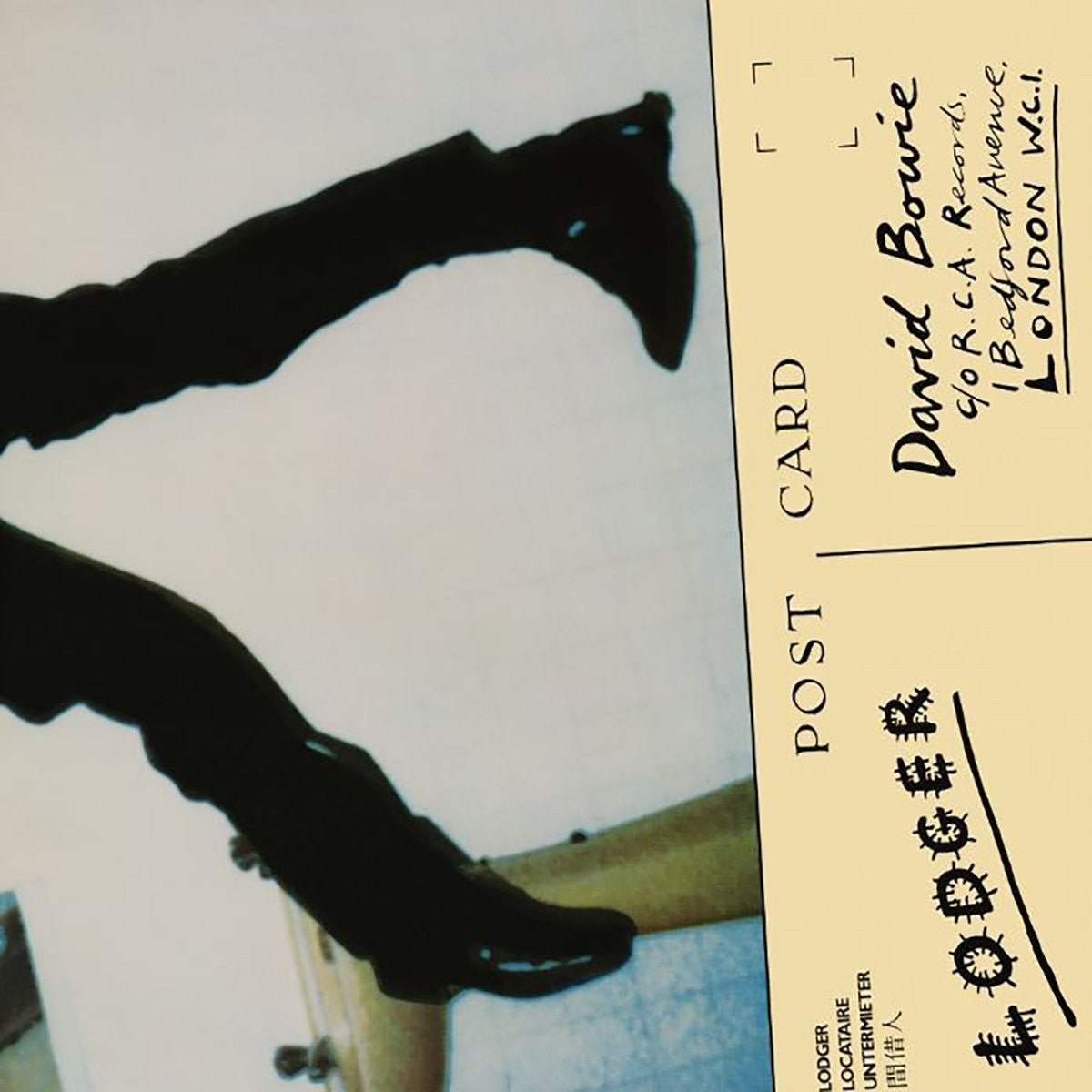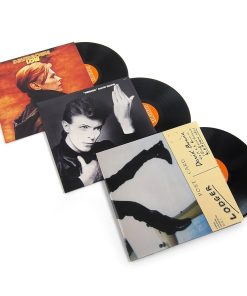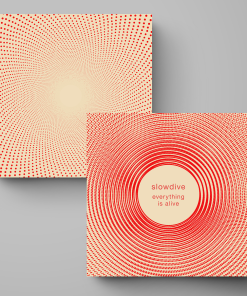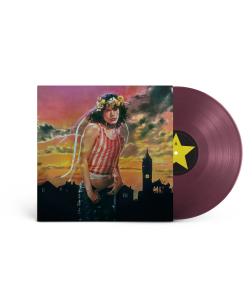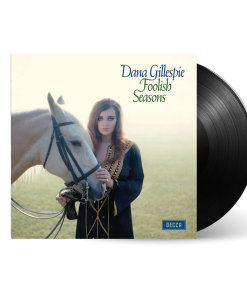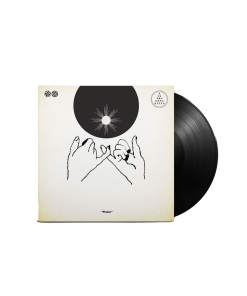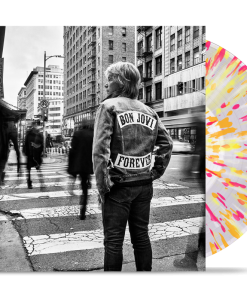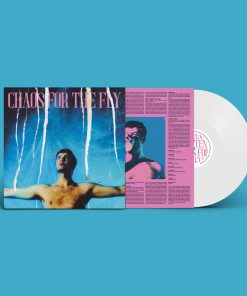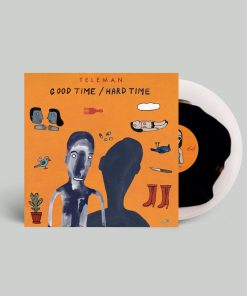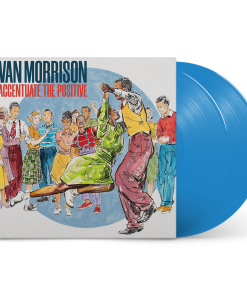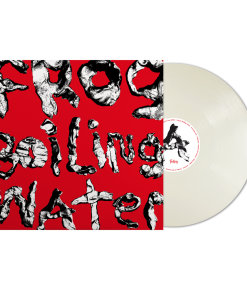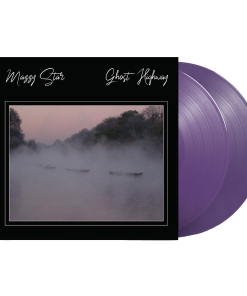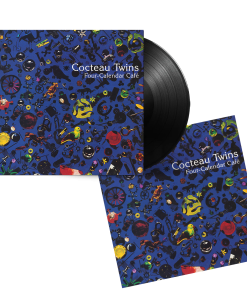The Berlin Trilogy [Limited Copies Vinyl Bundle] Sound of Vinyl
$ 96,99 $ 48,49
David Bowie’s The Berlin Trilogy limited copies three album vinyl bundle featuring Low, Heroes & Lodger.
Low
The first of Bowie’s legendary Berlin trilogy and the one that broke the most ground. It also caused so much consternation in the NME offices that they ran two reviews, one praising it to the skies, the other bewildered by Bowie’s move towards the chilly electronic sounds that bore the influence of krautrock, particularly that of Kraftwerk and Neu! Collaborating with Brian Eno and produced by the genius Tony Visconti, Low is an album of two distinct halves. Side one ( in old money) is full of quirky oddball pop vignettes, the highlight being the incredible Sound and Vision, a hit for Bowie in 1977. Side two was the side which upset some people, four long icy instrumentals evoking the spirit of the city of Berlin, split into two halves by the wall, and the mood of the eastern bloc in general (see Warszawa). Now, of course, these tracks are seen as a blueprint for much that was to come over the following decade, and even furter, but at the time, it so so surprising and so groundbreaking that many didn’t know what to make of it.
Part two of the Berlin trilogy that started with Low and ended with Lodger, Heroes saw Bowie trying to kick his assorted drug addictions while simultaneously attempting to create the music of the future. And so, on the one hand, Beauty and the Beast—which spawned the Human League’s Love Action and not a whole load else, really. And on the other, the title-track—one of mankind’s greatest achievements, a song so incredible it’s permissible to know a technical fact pertaining to its recording, i.e., Bowie had eight microphones set up for the vocals, all at staggered distances along a hallway. That’s why he sounds like he’s bouncing his voice off mountains on the moon. Like Low, Heroes is an album of two halves — the second side being taken up with the brooding instrumentals he and producer Brian Eno cooked up while the engineers were busy wiring up eight microphones in the hallway.
Lodger (1979) was third in Bowie’s Berlin trilogy, his collaboration with legendary producer / experimentalist Brian Eno, which began with Heroes and Low (both released in 1977). While those dark records were heavy on alien-sounding instrumentals, Lodger had none, and even contained songs that seemed relatively straightforward. Considered inaccessible at the time, Lodger now sounds like a classic, transitional Bowie album, if only for its rich spirit of experimentation. From the Middle Eastern strains of Yassassin to the bizarre wordplay of African Night Flight, Lodger feels like a journey through strange lands. Songs like Boys Keep Swinging (later covered by ex-Bangle Susanna Hoffs) and DJ have the structure of traditional rock songs, but the odd textures, rough edges and dissonant elements make them into something richer and stranger. Look Back in Anger, with fierce guitar playing by Adrian Belew, became a staple of Bowie’s live concerts for years to come. Red Money is Bowie’s adaptation of Iggy Pop’s decadent, futuristic Sister Midnight from The Idiot. The anthemic Red Sails (co-written with Eno) has amajestic sense of forward motion, its glorious crescendo and fadeout providing the record’s most spine-tingling moments.
Fast Delivery and Professional Packaging
Our long-standing relationship with UPS FedEx DHL and other carriers around the world gives us the ability to provide various shipping options. Our warehouse personnel will pack all goods to our exacting requirements. Your goods will go through an extensive inspection and will be securely secured prior to being shipped. Every day we ship thousands of packages to clients from all over the world. This is a sign of our determination to be the largest online retailer in the world. There are distribution centers and warehouses in Europe and the USA.
Orders that contain more than 1 item are assigned processing periods in accordance with the item.
Prior to shipment, all purchased items will be thoroughly inspected. The majority of orders are shipped within 48 hrs. Delivery is expected to take between 3 and 7 days.
Returns
The stock is dynamic and we do not completely manage it because multiple parties are involved, which includes our factory and warehouse. The actual stock can fluctuate at any time. It's possible that the stock may run out after your order has been processed.
Our policy lasts for 30 days. Unfortunately, if thirty days have passed from the date you purchased the item, we will not be able to offer you a return or exchange.
The item should not be used, and it must be in the original packaging. The item should be in the original packaging.
